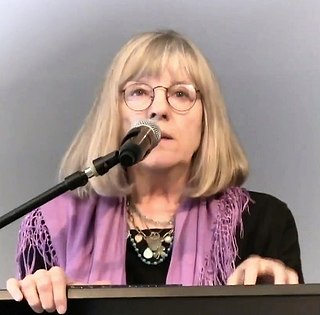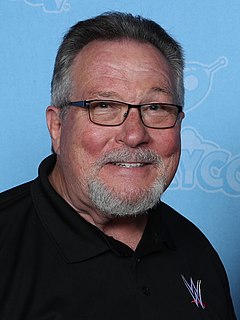A Quote by Sergio Chejfec
I find that, for me, it is this concept of borrowed or built life, life on loan, that gets me writing. It's similar to speaking about literature. I like it, and then I don't like it. It has such an inherent vein of pretention, because you're not speaking about real things. There's a literary pretentiousness made of speaking and spending so much time on unreal persons. And it seems, now, impossible to create an unpretentious, totally organic character.
Quote Topics
Related Quotes
When we speak about wisdom, we are speaking about Christ. When we speak about virtue, we are speaking about Christ. When we speak about justice, we are speaking about Christ. When we speak about peace, we are speaking about Christ. When we speak about truth and life and redemption, we are speaking about Christ.
To me, writing is a matter of voice. I think like that. The expression I sometimes use to myself is 'actual song.' That what I do is somewhere on the line between speaking to you as I am now and actual song. And the things I love when I say one of those poems to myself - it's a little bit like singing, it's a little bit like speaking.
The biggest issue for me has been the language because I speak so much German now. I've had to focus on my English and find more words to describe what I want to say and also soften my tone. It was quite stiff from 20 years of speaking German, so when I started speaking more English, oh my god, my tongue was like: 'Argh'!
Literary fiction and poetry are real marginalized right now. There's a fallacy that some of my friends sometimes fall into, the ol' "The audience is stupid. The audience only wants to go this deep. Poor us, we're marginalized because of TV, the great hypnotic blah, blah." You can sit around and have these pity parties for yourself. Of course this is bullshit. If an art form is marginalized it's because it's not speaking to people. One possible reason is that the people it's speaking to have become too stupid to appreciate it. That seems a little easy to me.
What crystallized the importance of speaking out like that - of making nonviolence not just a tool or a tactic, but a way of life - was in San Diego [at Comic-Con]. One of the young girls who marched with us was wearing a hijab, and she came up to me afterward because I talked about my beard, and I talked about why I was doing it, and she came up and she gave me a hug, and she was crying. And she said, "Thank you. You have no idea how the other students treat me because they're shown that this is OK by Donald Trump. Thank you for speaking out."
If you're hungry, God is feeding. You know, if you're listening; He is speaking. And I think sometimes trouble and intense hardship can make us - it made me at times, you know, block our ears, shut our eyes, it's like too much. But actually He's speaking, He's encouraging us, He's loving us all the time.
When you speak a foreign language, you become someone else. If you aren't used to speaking a language, and you start speaking it again, for the first few sentences you'll find yourself in very strange shape, because you're still the person who was speaking the first language. But if you keep speaking that language, you will become the person who corresponds to it.






































